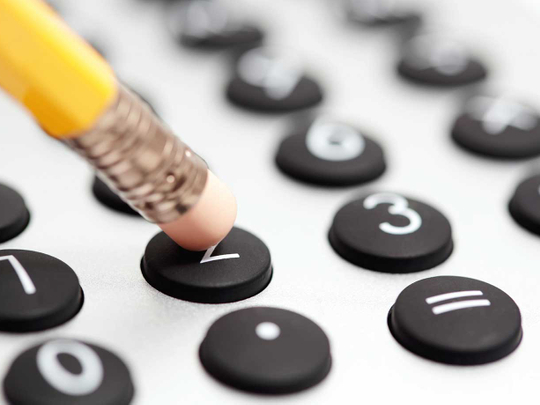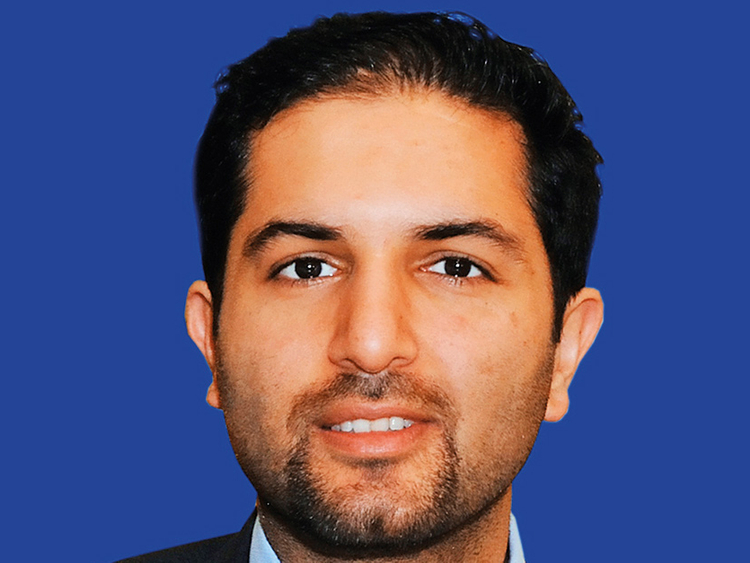
Dubai: The UAE and GCC banks that are facing increased regulatory burden from Basel III capital requirements and International Reporting Standards 9 (IFRS 9) are expected to face further pressure in terms of costs and margin squeeze from implementation of value added tax (VAT) and common reporting standards (CRS), according to KPMG.
In the recently published “Banking sector Perspectives 2017”, KPMG partners argue that both VAT and CRS are likely to have a significant impact on every bank operating in the UAE.
“VAT is likely to be an irrecoverable cost, negatively affecting margins for the banking sector. It is therefore imperative that the impact of VAT on UAE banks is clearly understood,” said Umair Hameed, Partner at KPMG.
VAT is a tax on transactions and impacts all areas of business from IT systems to legal, HR to marketing, and procurement to finance. The standard rate of VAT is expected to be five per cent. An additional taxable rate of zero per cent may be extended by some GCC member states including the UAE.
Whether a service is supplied at either five per cent or zero per cent VAT, the taxpayer making the supplies is generally entitled to recover any VAT incurred on their costs.
For banks, this will include administrative and cash flow costs. However, it is likely that many financial services will be VAT exempt. “VAT exempt is not a rate of tax and so cannot be added to the price of goods or services. Supplies that are VAT exempt do not typically allow for VAT incurred on costs to be recovered, thereby creating a blocked VAT cost,” said Hameed.
Transactions involving moving money are likely to be VAT exempt. International transactions may be zero rated or outside the scope of VAT.
A bank that provides both taxable (whatever the rate) and VAT exempt services will be required to calculate how much VAT it is entitled to recover. The exact amount will depend on the legislation — international practice varies from fixed percentages to reasonable or special methods that may require negotiation with the tax authority.
With less than ten months until implementation, time to prepare is short and many banking organisations have already started their VAT journey. The first steps are to secure resources, plan and analyse the project, raise awareness and assess VAT’s impact. This clearly involves identifying and mapping the categories of supplies based on the expected VAT outcome: five per cent, zero per cent and VAT exempt.
CRS comes with a price
The UAE’s commitment to share financial data on individuals and legal entities under Common Reporting Standards (CRS), starting in 2018, could mean banks and financial institutions will start collecting required financial data from early 2017.
The implementation of Foreign Account Tax Compliance Act (FATCA) aimed at preventing offshore tax abuse by US nationals during the last few years meant significant costs to UAE banks.
Implementation CRS — also known as the automatic exchange of information (AEoI) — was a global version of FATCA to counter tax evasion and increase transparency starting next year is expected increase compliance costs of local banks.
“The increased volume of data to be collected, stored, retrieved and reported under CRS is a significant logistical challenge. The bigger challenge, however, is around new customer communication and existing customer remediation,” said Clare McColl, Partner, KPMG.
Whilst FATCA was relatively binary — customers were either US nationals or not — under CRS a customer may have multiple tax residency jurisdictions. Financial institutions should build on their FATCA experience to help develop more complex and far-reaching CRS processes and procedures, including training for relationship managers and the back-office team responsible for data management.
Financial institutions should also consider obtaining CRS relevant information from all their customers, rather than only customers from jurisdictions that have signed up to CRS as the number of participating countries continues to increase. As of the end of February, 139 countries had signed up. It will surely only be a matter of time before other countries also come on board.






